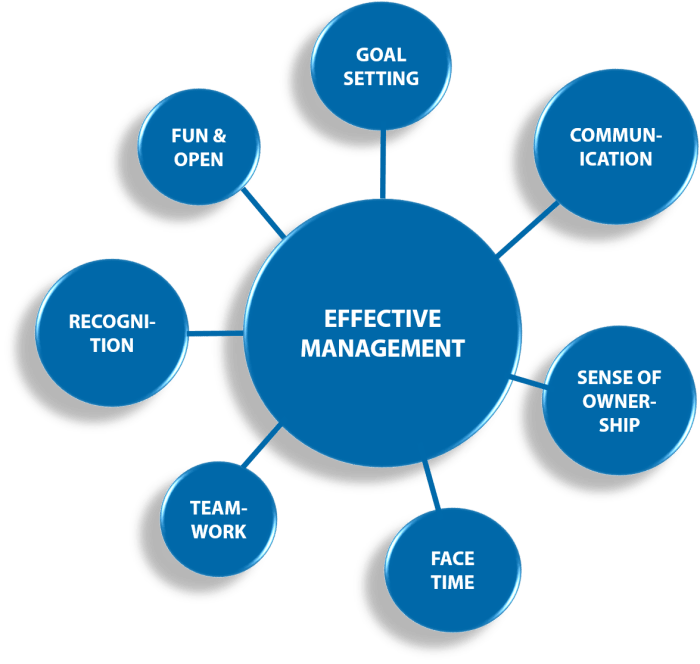Effective order management can have an impact on – Effective order management is crucial for businesses to achieve operational efficiency, customer satisfaction, and profitability. It encompasses a comprehensive set of processes and technologies that streamline the flow of orders from receipt to fulfillment, impacting various aspects of business performance.
By implementing effective order management strategies, businesses can optimize inventory levels, reduce errors and delays, enhance accuracy and efficiency, and improve customer satisfaction through faster order fulfillment.
Effective Order Management: Impact on Business Performance: Effective Order Management Can Have An Impact On

Effective order management plays a pivotal role in the success of businesses by streamlining processes, enhancing accuracy, and improving customer satisfaction. Its impact on business performance is substantial, contributing to increased sales, profitability, and overall operational efficiency.
Benefits of Effective Order Management, Effective order management can have an impact on
- Reduced errors and delays through streamlined processes
- Enhanced accuracy and efficiency with automated systems
- Improved customer satisfaction through faster order fulfillment
Key Components of Effective Order Management
Effective order management encompasses several essential elements:
- Inventory management for ensuring order availability
- Efficient order processing and tracking
- Robust customer communication and support
Impact on Business Performance
- Increased sales and profitability through improved order fulfillment
- Reduced operating costs due to streamlined processes and automation
- Improved cash flow through faster order fulfillment and reduced inventory holding costs
Challenges in Order Management
Order management faces several challenges that can impact business performance:
- Managing high order volumes and seasonal fluctuations
- Supply chain disruptions and order cancellations
- Errors in order processing and fulfillment
Best Practices for Effective Order Management
Adopting industry best practices can enhance order management processes:
- Optimizing inventory levels to minimize stockouts and overstocking
- Implementing automated order fulfillment systems to improve accuracy and efficiency
- Providing real-time order tracking and communication to customers
Emerging Trends in Order Management
Technology advancements are shaping the future of order management:
- Artificial intelligence (AI) for predictive analytics and automated decision-making
- Omnichannel order management systems for seamless customer experiences across multiple channels
- Blockchain technology for enhanced transparency and security in supply chain management
Questions and Answers
What are the key benefits of effective order management?
Reduced errors and delays, enhanced accuracy and efficiency, improved customer satisfaction, increased sales and profitability, reduced operating costs, improved cash flow, and enhanced customer loyalty.
What are the common challenges in order management?
Managing high order volumes, supply chain disruptions, order cancellations, and inefficient inventory management.
What are the best practices for effective order management?
Optimizing inventory levels, automating order fulfillment, enhancing customer communication and tracking, and leveraging technology to streamline processes.

